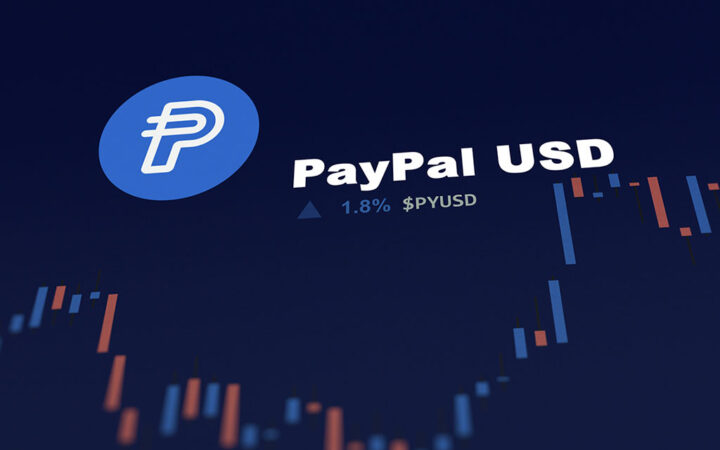
PayPal’s PYUSD Stablecoin Joins Cardano, Enhancing Blockchain Interoperability
PYUSD’s integration into Cardano enhances DeFi liquidity, providing users with new stablecoin options and increasing cross-chain transaction potential.

PYUSD’s integration into Cardano enhances DeFi liquidity, providing users with new stablecoin options and increasing cross-chain transaction potential.

A major aspect of the Layer1 solution is self-custody, giving businesses complete control over their digital assets and private keys.

According to PayPal, its system could use any currency. The company has already added numerous blockchain-related features to its platform, including the MetaMask Wallet, PayPal USD, and Ethereum.
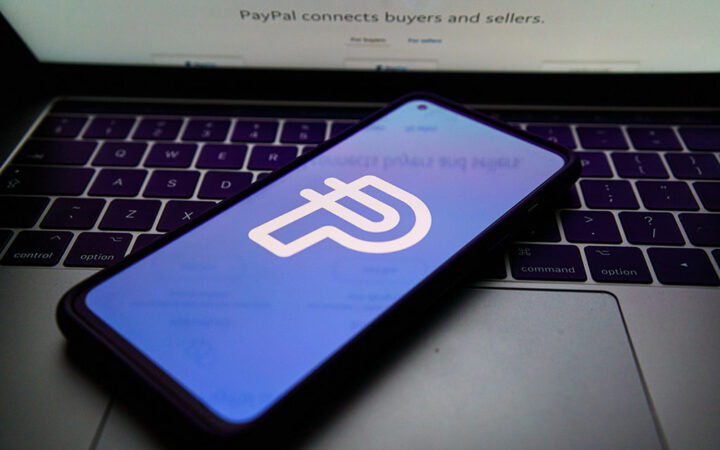
Individuals with compatible external wallets, as well as merchants who embrace PYUSD for payments, will be able to receive transfers from Venmo users.
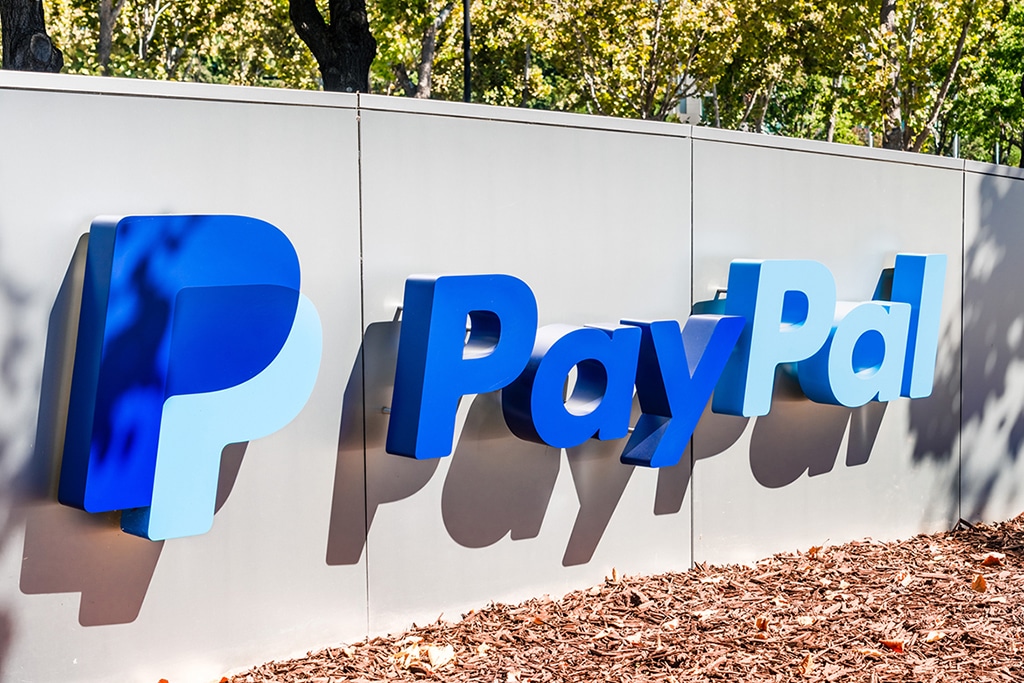
Despite the slow uptake, the transparency report suggests that PYUSD is effectively backed up by reverse repurchase agreements.
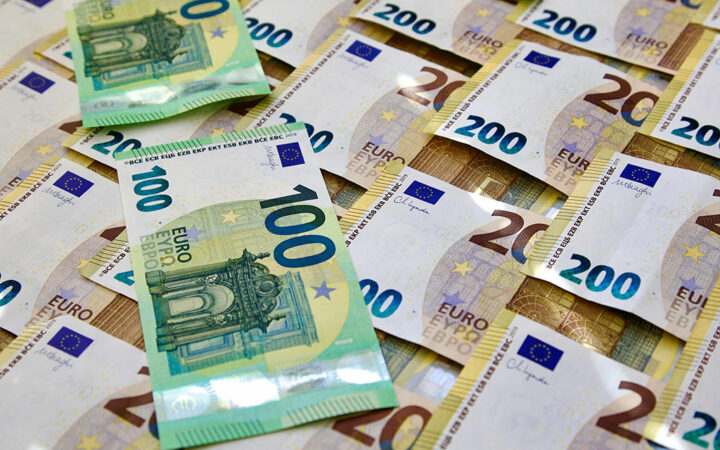
The digital euro is expected to consider orderly adjustments in the financial sector while also offering payment service providers a platform for innovations.
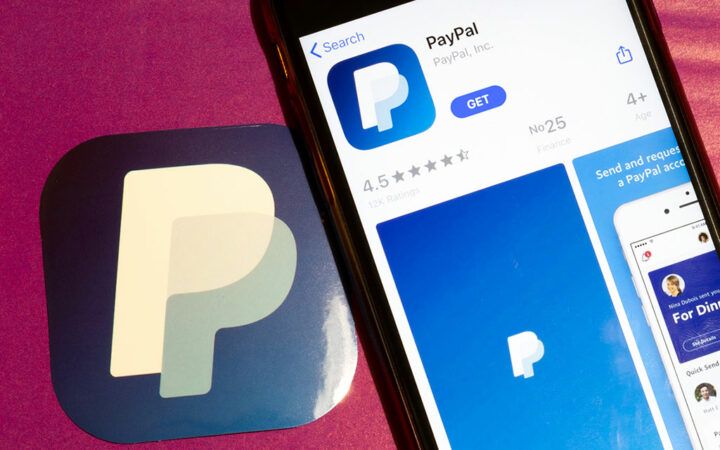
While PayPal’s new crypto service allows users to explore the crypto industry, access to this innovative feature has been restricted in certain jurisdictions and for specific individuals.

The introduction of PayPal stablecoin (PYUSD) represents a groundbreaking development in the realm of stablecoins and digital currencies.

David Schwartz seems unsurprised that the Fed is reacting negatively to the new stablecoin issued by PayPal.
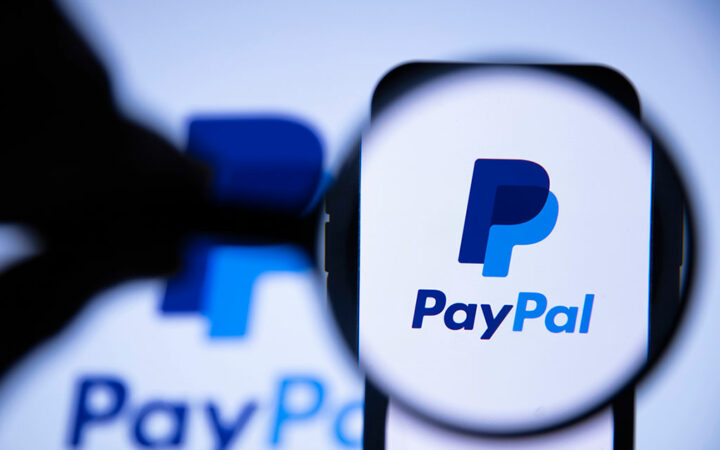
US House leadership is calling for robust regulatory framework for the new PayPal stablecoin despite being on opposing ends of the discuss.
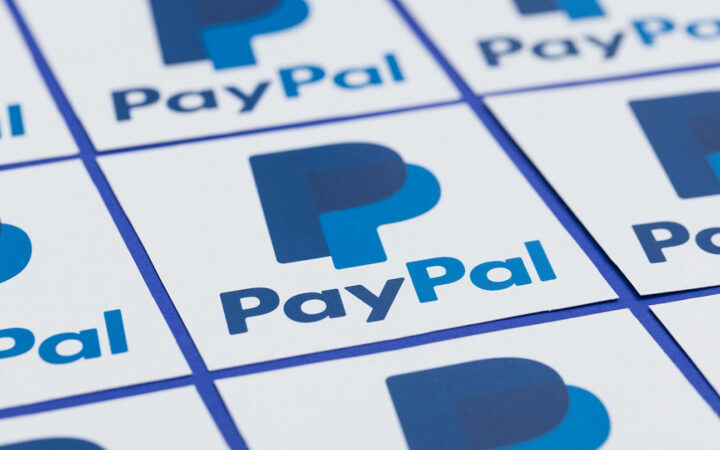
PayPal’s recent entry into the stablecoin arena with PYUSD is marked by both anticipation and caution. Despite the promising prospects of stablecoins, challenges, and uncertainties loom on the horizon.
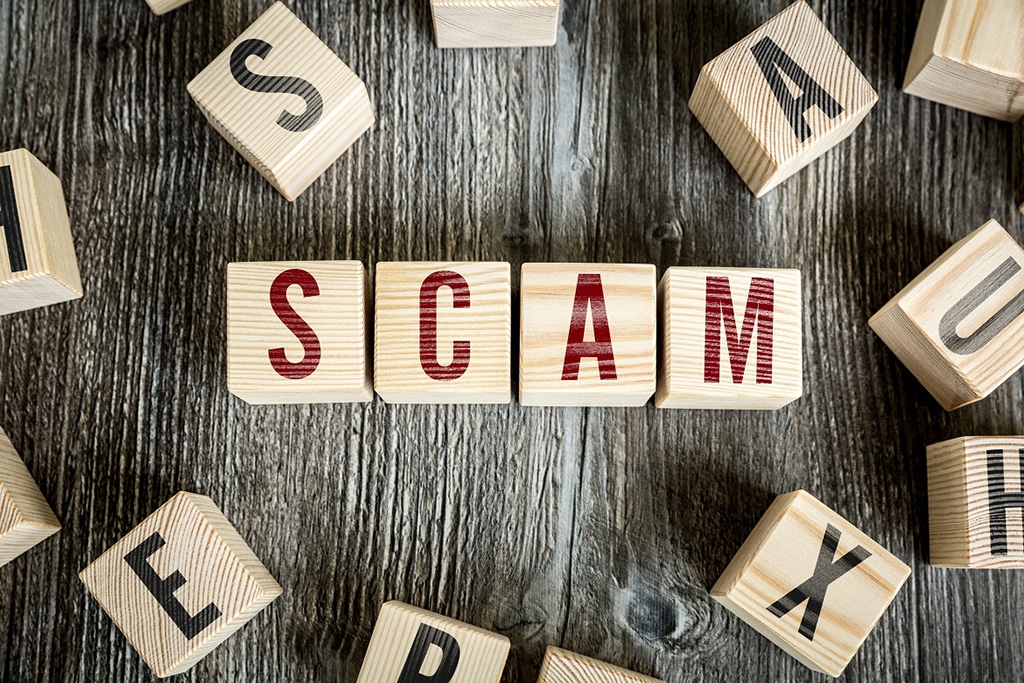
Scammers may continue to cash in on the PayPal stablecoin launch for as long as possible.